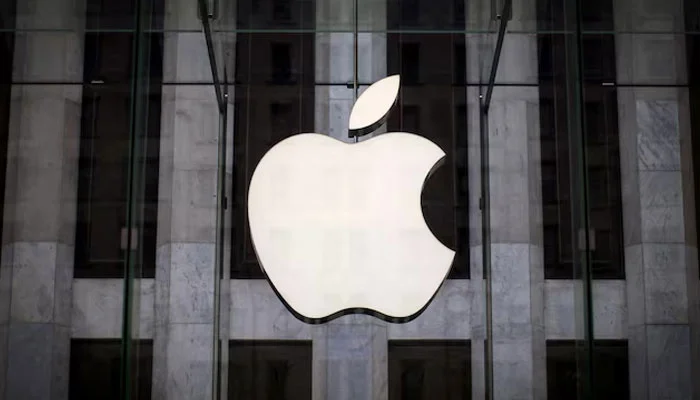While many people were awestruck by the newest iPhone 16, and iPhone 16 Pro Max some aggrieved citizens in the Democratic Republic of the Congo (DRC) face a different reality.
They have accused Apple of fanning the flames of human rights violations by sourcing “blood minerals” —tin, tantalum, and tungsten—from armed groups known for causing violence and violating human rights.
The minerals, often known as 3T, are key ingredients in the production of smart phones and other electronic gadgets.
Given that the mineral resources were mostly found in DRC, the region has become a hotspot for uncontrolled small-scale mining, which has had devastating consequences on nearby populations, plaintiffs claimed.
Read also: Apple offers $1 million prize to anyone who can hack its intelligence servers
Apple, Google, and Dell’s alleged involvement in unethical mining practices
Citizens have, for years, called for the “cancellation” of businesses engaged in unethical mining in the Democratic Republic of the Congo. International Advocates, a human rights organisation, filed a lawsuit against tech companies Apple, Google, and Dell in May 2024 for allegedly making money off of child exploitation in their supply chains.
The Congolese government has now filed criminal accusations against Apple over the company’s alleged involvement in exploitation and is seeking justice.
Apple and its subsidiaries in France and Belgium are specifically targeted for allegedly sourcing blood minerals from armed groups that exploit child labour and that the tech giant’s supply chain contains conflict minerals.
The plaintiffs argue that by sourcing 3T minerals from these groups, Apple effectively endorses the use of child labour in horrific working conditions. Around 40,000 children are reportedly forced to work in mines, suffering in dangerous environments. The government claims this exploitation has resulted in significant losses for the Congolese economy.
Apple’s response to allegations of unethical sourcing
Apple strongly debunked the claims, asserting that the company is committed to ethical sourcing, which it based on its annual conflict minerals report and supplier checks.
Read also: Apple to build its own Bluetooth, Wi-Fi chips
“As conflict in the region escalated earlier this year we notified our suppliers that their smelters and refiners must suspend sourcing tin, tantalum, tungsten, and gold from the DRC and Rwanda,” Reuters cited Apple as saying in a statement, adopting DRC as an abridged version for Congo.
“We took this action because we were concerned it was no longer possible for independent auditors or industry certification mechanisms to perform the due diligence required to meet our high standards.”
Congo’s lawyers accused Apple of engaging in human rights violations as it profits from minerals that are taken from the country through illicit mining activities and then launders them through intricate international supply networks.
What role does Apple play in this? International rules mandate due diligence for companies such as Apple. To avoid these costs, Apple must provide evidence of the minerals’ provenance and demonstrate that it does not buy minerals that have been unlawfully harvested in Congo and then laundered through legitimate supply networks.




